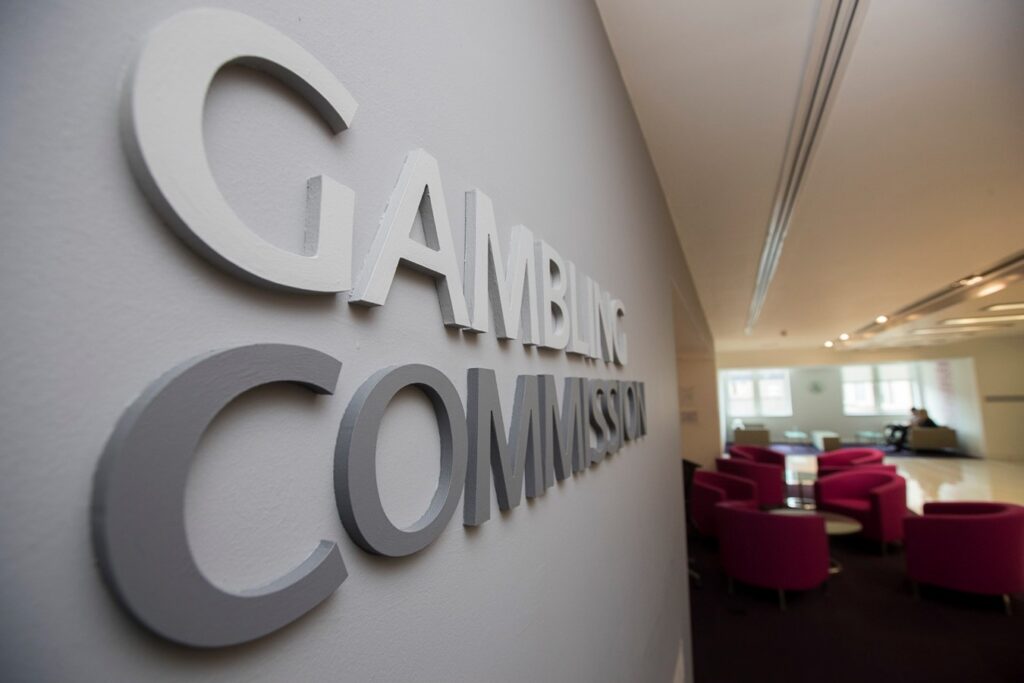In a bid to enhance transparency and precision in the calculation of penalties within the gambling sector, the UK’s Gambling Commission has initiated a 13-week consultation process.
The primary focus of these consultations is to reevaluate the starting point for fines and determine whether penalties should be assessed against the gross gambling yield (GGY) during the breach.
The consultations will also encompass financial key event reporting, with a specific emphasis on the growing complexity of mergers and acquisitions within the industry and the increasing globalization of gambling.
Kay Roberts, the executive director of operations at the Gambling Commission, emphasized the importance of these consultations, stating, “These consultations are part of our continued drive to ensure Britain has the world’s most effectively regulated gambling sector.
We would urge all our stakeholders to take the time out to have their say on these consultations as all views on proposed changes will be considered.”
These consultations are a direct response to the Gambling Act review white paper, which outlined proposals for the future regulation of gambling in the UK.
These proposals were formulated following a comprehensive governmental review of the 2005 Gambling Act.
The launch of these consultations follows the recent introduction of a confidential reporting service by the Gambling Commission, allowing individuals to report criminal and suspicious activities anonymously.
This initiative was prompted by statistics released by the Commission, revealing a remarkable surge in land-based gambling, with the sector experiencing growth exceeding 20% over the past year, returning to pre-pandemic levels.
During the 12-month period from April 2022 to March 2023, the total gross gambling yield (GGY) increased by 6.8% year-on-year to reach £15.1 billion.
This figure, encompassing both licensed remote and land-based gambling operators, also demonstrated a 6.6% increase compared to the period preceding the lockdown in March 2020.
Additionally, concerns have been raised about the impact of online slots, with statistics from the British charity GambleAware highlighting this issue.
More than one-third of GambleAware’s support service contacts in 2022-23 were related to individuals experiencing gambling-related harm from online slots.
Specifically, 37.9% of those seeking treatment were linked to online slots, followed by internet sports betting at 15.6%, and fixed-odds gaming machines in bookmaker shops at 12.8%.
These figures underscore the importance of ongoing regulatory efforts to address challenges within the gambling industry.
